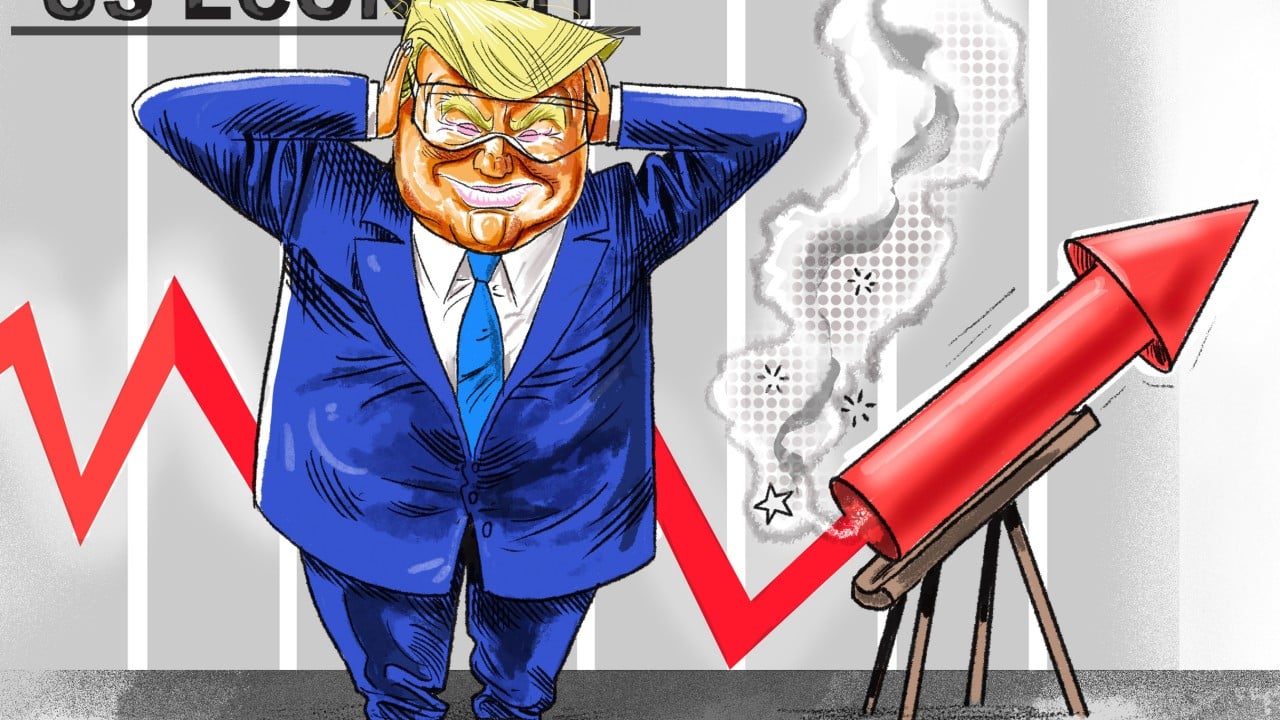What could Donald Trump’s victory in the US presidential election mean for the American and global economies? In a December 2016 commentary titled “The Trump Boom?”, I argued that, despite concerns about Trump’s personality and economic policies, it was entirely plausible that the United States could experience robust gross domestic product growth – albeit with a risk of higher inflation.
Advertisement
For the “crime” of trying to be objective and suggesting the US economy might perform well under Trump, I was condemned by fellow economists and commentators. Many instead predicted a global recession and stock market crash.
Although I would not go so far as to predict a stock market collapse, my outlook for Trump’s second presidency is decidedly less optimistic. As in 2016, Trump is inheriting a strong economy. But he faces a more challenging economic landscape.
The world is more volatile. Russia’s 2022 invasion of Ukraine has been far more destabilising than its 2014 annexation of Crimea, and the Middle East is embroiled in an escalating regional conflict. Meanwhile, with China increasingly aggressive towards its neighbours, the risk of a confrontation in the South China Sea over the next few years is uncomfortably high.
During the 2016 campaign, both Trump and Bernie Sanders railed against the North American Free Trade Agreement (Nafta) and advocated import tariffs. As president, Trump ended up imposing relatively modest tariffs, though still high enough to cost US consumers billions of dollars in higher prices.
Advertisement
This time, Trump has proposed far more radical tariffs of up to 60 per cent on Chinese goods. Even if negotiated down to 20 per cent, they would still fuel inflation and hurt low- and middle-income Americans.

